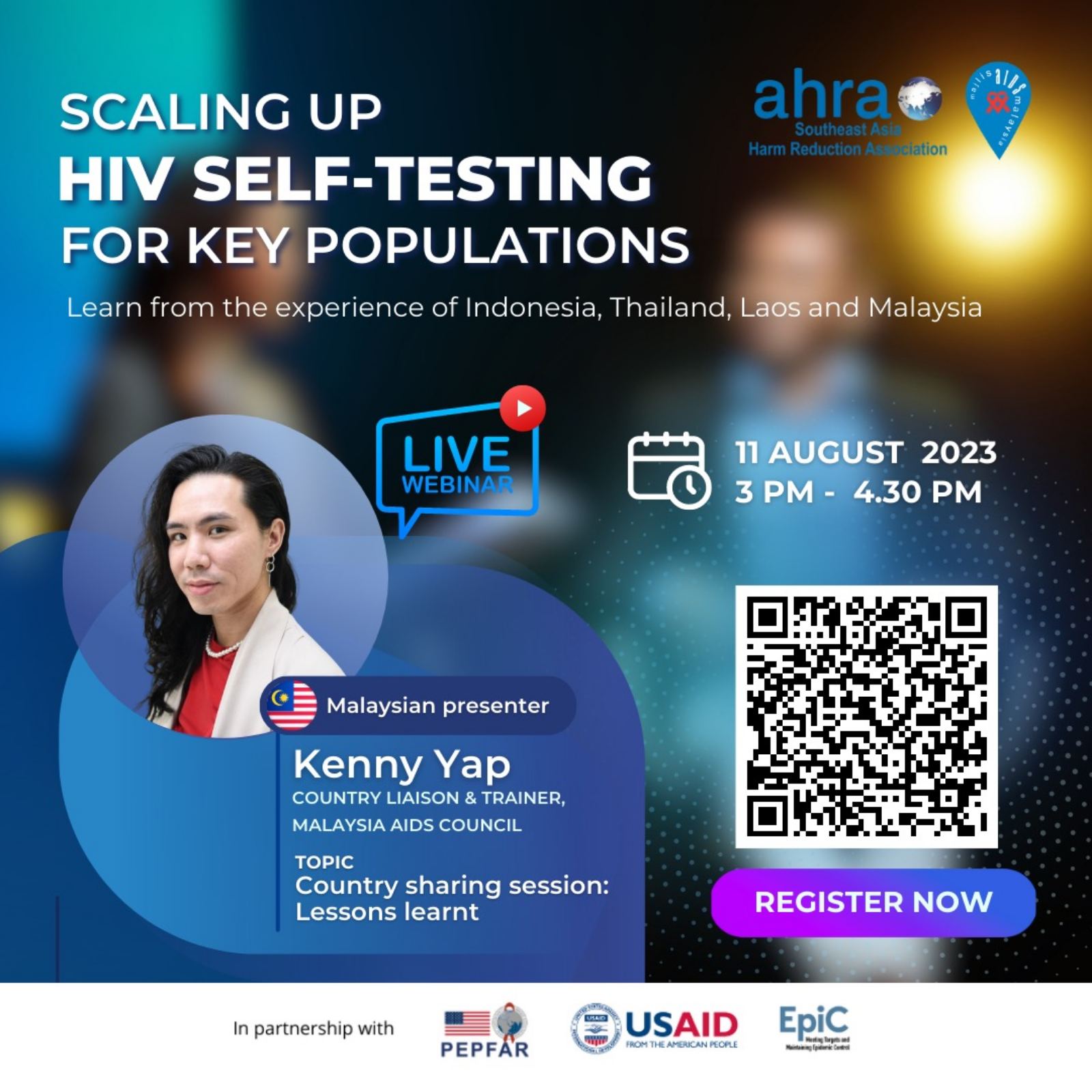Harm Reduction International publishes bi-annual groundbreaking Flagship research, The Global State of Harm Reduction reports which highlights the progress and challenges in harm reduction efforts worldwide.
The 2022 report shows an increase in the implementation of key harm reduction services, such as needle and syringe programs (NSPs), drug consumption rooms (DCRs), and opioid agonist therapy (OAT). However, there are significant regional and country-level disparities in access to these services, with Eurasia, North America, and Western Europe leading in implementation. Rural areas and capital cities often have better service coverage than other areas.
Harm reduction in prison settings remains limited, with only nine countries operating NSPs in prisons and 59 countries providing OAT. While there have been some positive developments, such as the introduction of OAT in Kosovo, Macau, and Tanzania, other countries only offer opioid agonists for detoxification.
The report also discusses how various crises, including the COVID-19 pandemic, political conflicts, economic crises, and climate disasters, have affected harm reduction services. The pandemic led to temporary closures and reduced operations of harm reduction programs, but community-led organizations adapted by increasing access to take-home OAT and naloxone. Other crises, such as the Taliban takeover in Afghanistan and the Russia-Ukraine conflict, put harm reduction services under immense pressure.
One significant challenge for harm reduction is the lack of adequate funding. Investment in harm reduction remains low, with only a few international donors supporting these programs. In low- and middle-income countries, funding for harm reduction is only 5% of what is needed to meet the service requirements for people who inject drugs by 2025. Advocacy for harm reduction is also underfunded, which further hampers national investment in these programs.
The report emphasizes that harm reduction is a human right and highlights the barriers created by the criminalization, stigmatization, and marginalization of people who use drugs. Human rights violations related to drug control continue to occur, including denial of access to harm reduction services and discrimination in healthcare provision. The death penalty for drug offenses is still in place in many countries, with executions and death sentences being carried out.
Overall, the report acknowledges the progress made in harm reduction efforts but emphasizes the need for greater global commitment, funding, and respect for human rights in addressing drug use, HIV, and viral hepatitis.
